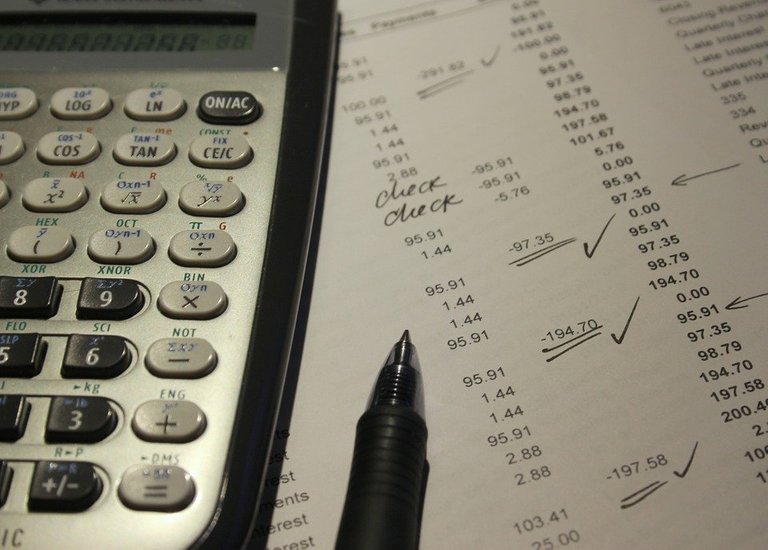The tax culture and its implications on the payment of taxes.
(Edited)
Written by:Diomer Antonio Galán Rincón.
Bachelor's Degree.Public Accounting / MSc.Science of Higher Education.

Image taken from:Pixabay
In Venezuela, the main source of income had always derived from oil, hydrocarbons and the exploitation of non-renewable resources, which is why it was considered one of the countries with the lowest tax burden. For several years these revenues have been insufficient to subsidize public expenditures, so it has resorted to the implementation of a tax system to generate higher revenues. In this sense, the environment is more and more influenced by the economic situation, the companies that are subject to these contributions must make a very important effort to avoid being sanctioned by the variety of institutions that verify the compliance of the cancellation of the tax or the respective contribution.
However, the tax system established the obligation to contribute according to the economic capacity of the taxpayer, therefore the taxes cannot be calculated on a proportional basis but according to the principle of progressiveness, established as mandatory and which must be respected so that the State may comply with the obligation to protect the national economy, as established in article 316 of the Constitution of the Bolivarian Republic of Venezuela (C.R.B.V.).
It should be noted that tax matters have always been of interest both for the private sector, as creditor subjects to the satisfaction of tax obligations, as well as for the public sector, the collecting entity. Under these perspectives, according to Villegas (2002), taxes are understood as "the benefits in money, which the State demands in exercise of its power of empire, by virtue of a law and to cover the expenses demanded by the fulfillment of its purposes". Therefore, they are considered as one of the sources of public revenues that the State possesses, in addition to other financial activities directly related to the natural, technological or cultural advantages that are proper to it. Hence, the State today is the only one that can exercise this requirement to taxpayers, through an articulated tax system.
Image taken from:Pixabay
In this sense, the purpose of taxes is to cooperate with public spending and complement public revenues, the collection of taxes or parafiscal taxes can be used for multiple purposes, such as social, sports or as an instrument to direct the national economy. It should be noted that their main objective is to finance services of general interest that improve the quality of life of the collective, which today are insufficient and necessary. Tax collection is carried out through the creation of the National Integrated Customs and Tax Administration Service (SENIAT), thus laying the foundations of an autonomous tax system, founded with the purpose of increasing tax collection and reducing tax evasion.
The worker, has the need to renew knowledge and experiences in the workplace, because the world is constantly changing and what is new for today will not be new for tomorrow. They must be prepared, without any doubt, to break schemes that may prevent continuous growth and overcome barriers that accredit them as professionals capable of performing functions that promote organizational welfare, based on the knowledge of individuals, as stated by Martinez (2010) who states "as the most important resource that an organization possesses to maintain and achieve a competitive advantage". It should be remembered that each employee is an important part of the different facets of the organization and their functions depend to a large extent on their ability to remain in the market.
In Venezuela there is a range of taxes, among which we can mention: Income Tax (ISLR), ISLR withholdings, Value Added Tax (VAT), Inheritance and Donations, Principal Housing Registry, Parafiscal contributions (SSO, INCES, FAOV), as well as municipal taxes, such as the Tax on Economic Activities, Tax on Urban Real Estate, Tax on Commercial Advertising and Propaganda, among others. In this order of ideas, Villegas (2002) points out that "the parafiscal contribution is the tax revenue that makes up the set of patrimonial accounts of the State.
However, for some time now there has been a decrease in the possible non-compliance with tax obligations by some taxpayers, this could be due to a weakness of tax awareness and therefore lack of a culture of knowledge, or perhaps because there is an increasing number of taxes and a great diversity of procedures to comply with, which have a changing and very dynamic characteristic.
I hope you like my article and I would appreciate all your comments.
bibliography consulted:

0
0
0.000
0 comments